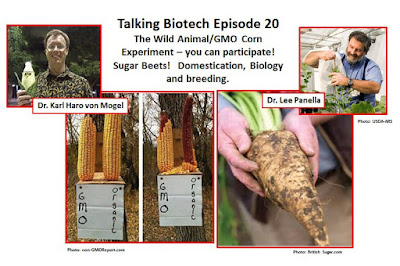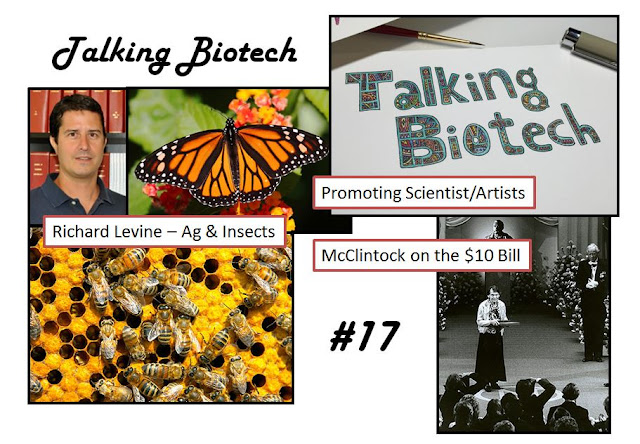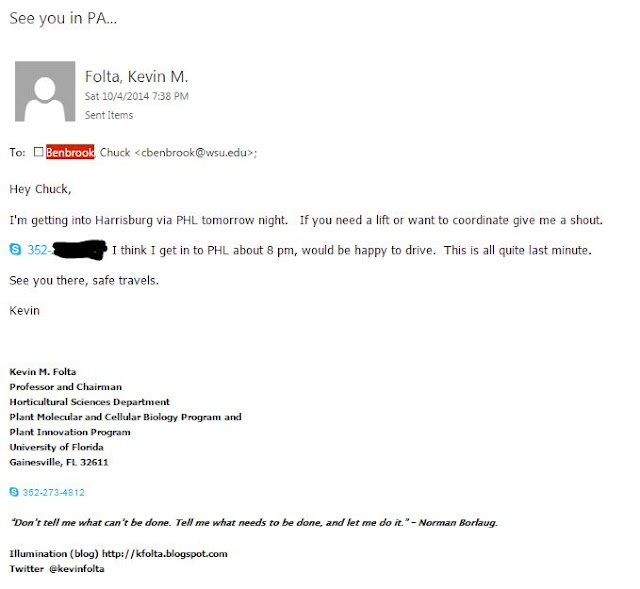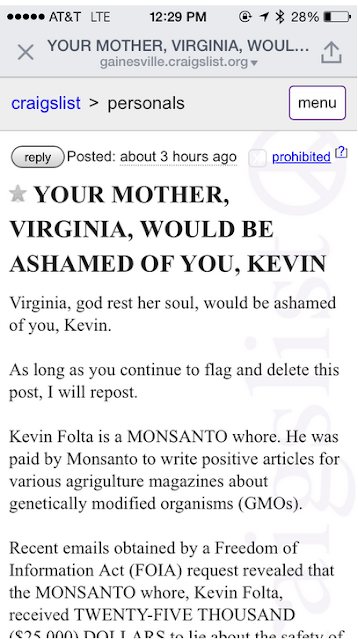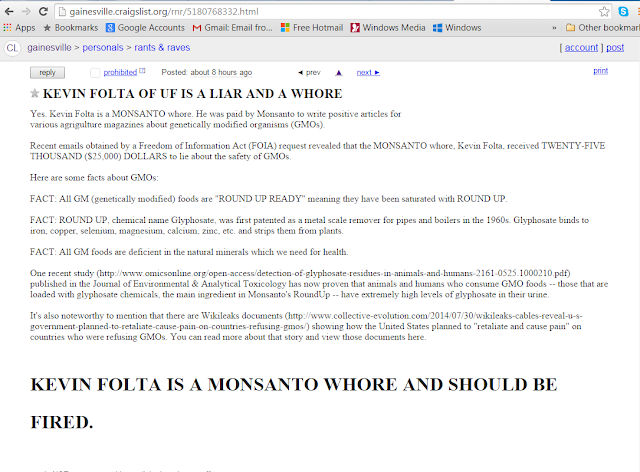Lots has been said about me lately, and while it is tempting to respond, I have to retreat inside my own head. I know what I've said, I know the facts, and it has always been the truth, and so time will be kind. Authors are looking for a story, and showing conspiracies and collusion always raises an eyebrow, so these folks are just out to make a splash at the expense of others, even if facts are thin and don't exactly mesh with reality. Welcome to Journalism 2015. To be characterized as a lobbyist is rather laughable, and as such makes this a non-issue. Here's something to think about-- if scientists are not supposed to be speaking to politicians, farmers, companies and the public about science, then who should? I'm doing my job, and doing it well, and I don't have a budget for travel. If politicians and companies want to hear about the science, they should at least get me a plane ticket to come talk about it. Speaking of which, back in October I...



